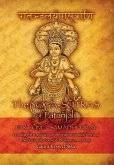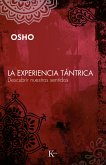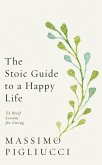The Yoga Sutras of Patanjali: The Book of the Spiritual Man is a seminal text in the philosophical and spiritual landscape of India, intertwining metaphysical principles with practical guidance on the path of yoga. Written in a concise aphoristic style, it presents a systematic framework for understanding the intricacies of the mind and the nature of consciousness. Patañjali's work, composed in the 2nd century BCE, is contextualized within the broader tradition of Indian philosophy, merging elements of Samkhya and Vedanta to explore themes of meditation, ethics, and the ultimate liberation of the soul. Each sutra invites deep contemplation and fosters a transformational journey through its layers of meaning and insight, setting the foundation for various schools of yoga that followed. Patañjali, an enigmatic figure in the history of yoga philosophy, is often regarded as the compiler of yoga practices and is celebrated for synthesizing ancient wisdom into a coherent system. His insights reflect the pervasive spiritual culture of ancient India, rooted in a desire for self-realization and knowledge. This work likely emerged in response to the philosophical currents of his time, aiming to provide seekers with the tools necessary for achieving higher states of consciousness and understanding. This profound collection of aphorisms is essential reading for anyone interested in spirituality, psychology, and philosophy. Whether one approaches it as a practitioner seeking practical techniques or a scholar delving into philosophical discourse, The Yoga Sutras serves as a timeless guide to the internal landscape of the human experience. Its enduring relevance makes it a must-read for those on the path of self-discovery and enlightenment.
Dieser Download kann aus rechtlichen Gründen nur mit Rechnungsadresse in A, B, BG, CY, CZ, D, DK, EW, E, FIN, F, GR, H, IRL, I, LT, L, LR, M, NL, PL, P, R, S, SLO, SK ausgeliefert werden.









